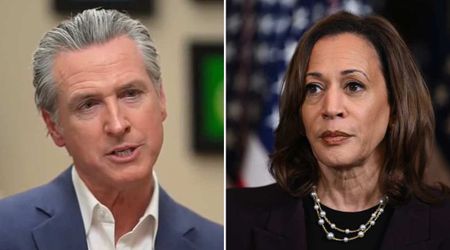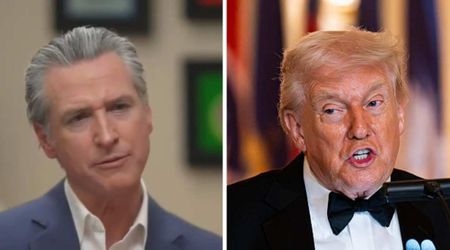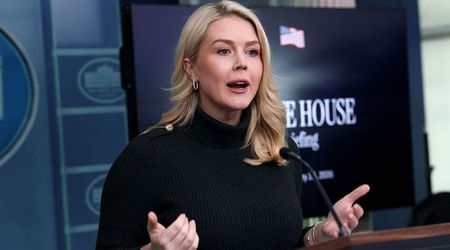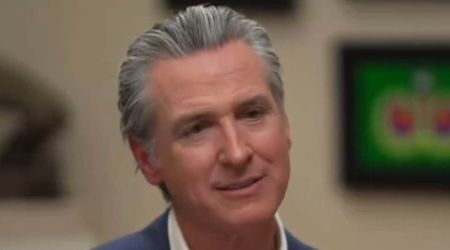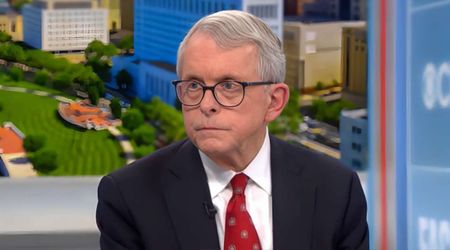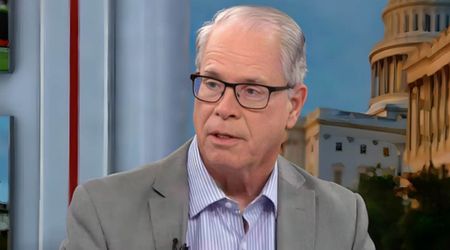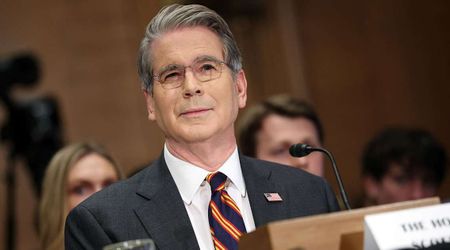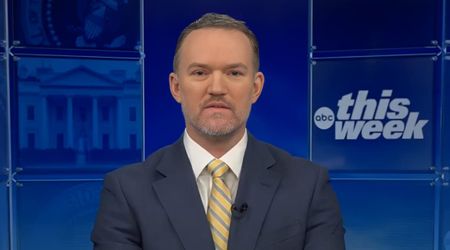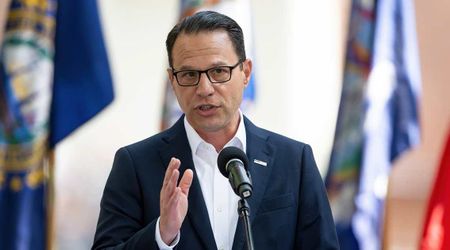Jill Biden’s ex-press secretary claims Biden admin bullied journalists while micromanaging press coverage

WASHINGTON, DC: Michael LaRosa, the former press secretary for former first lady Jill Biden, has made shocking claims about how the administration under former President Joe Biden handled the press, alleging that it frequently bullied journalists and attempted to manipulate media narratives.
In a candid conversation with The Young Turks’ Cenk Uygur, LaRosa explained that the White House engaged in practices designed to control press coverage and limit journalistic independence, according to Mediaite.
Biden team operated ‘out of a bunker’ despite media goodwill

According to LaRosa, the Biden team operated as though it were under siege from the moment Joe Biden took the oath of office in January 2021.
Despite initially receiving widespread support from the media, the administration quickly adopted an aggressive stance toward journalists, dictating strict conditions for interviews and enforcing rigid "quote approval" policies.
These measures, LaRosa suggested, created an environment where reporters were unable to freely and independently cover the president’s administration.
LaRosa noted that he found the administration’s adversarial approach perplexing, given the significant goodwill Biden initially enjoyed from major media outlets.
Unlike his predecessor Donald Trump, who frequently clashed with journalists, Biden was perceived as a stabilizing force in Washington.
However, LaRosa stated that the Biden White House behaved as though it was under constant threat, attempting to micromanage coverage through stringent media protocols.

“They did bully a lot of journalists, and I think they would tell you that now,” LaRosa asserted, adding, “They wouldn’t have told you at the time.”
Quote approval and pre-scripted questions raise ethical concerns
One of the most striking revelations from Michael LaRosa’s interview was the administration’s insistence on “quote approval,” a practice where officials determined which quotes from interviews journalists could actually publish.
This, he explained, allowed the White House to carefully curate the narrative around Biden and his policies, ensuring that only favorable or neutral comments were made public.
“There was this thing in Biden world about quote approval—everything had to be on quote approval,” LaRosa told Uygur.
“So you talk to a reporter, but like one person decides what the reporter can use, what quotes they can use. There was weird things like that,” he said.
Additionally, LaRosa recalled a 2024 controversy where the Biden team was caught attempting to pre-script questions for radio reporters.

He described this as eerily similar to tactics used during the 2020 campaign, where young press staffers in key primary states like Iowa and New Hampshire were trained to make interviews conditional on certain pre-approved questions.
“I mean, you saw them get caught trying to script questions to radio reporters that summer, summer of 2024,” LaRosa said.
“It was very reminiscent to me of being on the campaign in 2020,” he added.
This practice, he argued, was highly unethical and further reinforced the administration’s attempts to exert control over how Biden was portrayed in the media.
LaRosa, who had previously worked as a producer at NBC, said he was deeply uncomfortable with these tactics, warning staffers against requesting pre-written questions from journalists.
“I said to them, ‘Please never ask the journalist for the questions ahead of time. You can always ask about the topics, but do not ask them for the questions for Dr. Biden,’” LaRosa noted.
However, he said that the practice was already deeply embedded in the administration’s media strategy.
Lack of press pushback raises more questions

Perhaps the most surprising aspect of LaRosa’s revelations is the apparent lack of resistance from the press.
Despite facing these restrictive conditions, journalists, especially in smaller markets, failed to speak out against the Biden team’s tactics.
“Well, you know, I kind of always wondered that myself,” LaRosa admitted when Uygur asked why reporters did not push back.
“Like why didn’t any of these reporters even in New Hampshire, and some of these small-town papers or local news, why didn’t anybody ever say anything? I thought it was so weird at the time,” he said.

